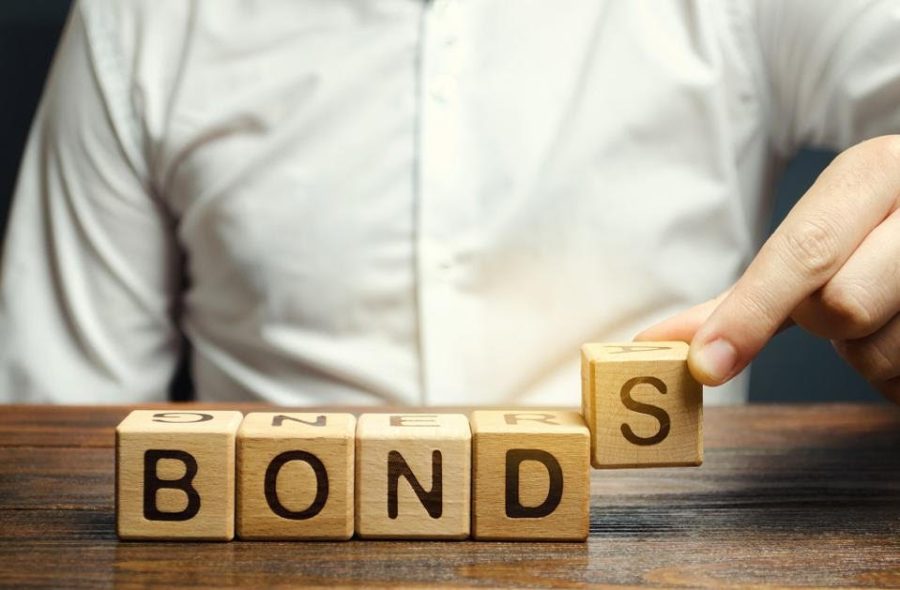There are many different kinds of bonds in the financial market. It would be a big help if you know their kinds, making it easy for you to decide which kind suits you best. That’s what this article is for.
Corporate Bonds
A company can issue bonds in the same manner that it can issue stocks. Big corporations have a lot of flexibility as to how much debt they can issue: the limit is whatever the market will bear. In general, a short term corporate bond has a maturity of less than five years, intermediate is five to 12 years, and the long term is more than 12 years.
Corporate bonds are characterized by higher yields because there is a higher risk of a company defaulting than the risk of a government defaulting. The good thing is that they can also be the most rewarding fixed-income investments because of the risk the investor must take on. The company’s credit quality is very important: the higher the quality, the lower the interest rate that the investor can receive.
Convertible bonds
A convertible bond may be redeemed for a predetermined amount of the company’s equity at certain times during its life, usually at the discretion of the bondholder. Convertibles are sometimes called “CVs.”
Issuing convertible bonds is a way for a company to minimize negative investor’s interpretations of its corporate actions. For instance, if an already public company is to issue stocks, the market typically thinks that this is a sign that the company’s share price is somewhat overvalued.
To avoid this negative interpretation, the company may just choose to issue convertible bonds, which bondholders will likely convert to equity if the company continues to perform well.
From an investor’s eye, a convertible bond has a value-added component built into it: it is practically a bond with a stock option hidden inside. Therefore, it tends to offer a lower rate of return in exchange for the value of the option to trade the bond into stock.
Callable Bonds
Callable bonds are also known as “redeemable bonds” and they can be redeemed by the issuer prior to maturity. Usually a premium is paid to the bond owner when the bond is “called.”
The primary cause of a call is a decrease in interest rates. If interest rates have slipped since the company first issued the bonds, it will likely want to refinance this debt at a lower rate. In this case, the company will call the callable bonds and reissue new, lower-interest bonds in order to save money.
Junk Bonds
A junk bond is also known as “high-yield bond” or “speculative bond” and it is rate “BB” or lower because of its high default risk. Junk bonds usually offer interest rates three to four percentage points higher than the safer government issues.
Angel Bonds
Angel bonds are investment-grade bonds that pay a lower interest rate because of the issuing company’s high credit rating. Angel bonds are the opposite of fallen angels, which are bonds that have been given a “junk” status and are much riskier.
An investment-grade bond is rated at minimum “BB” by Fitch and S&P and “Baa” by Moody’s. If the company’s ability to pay back the bond’s principal is reduced, the bond rating may fall below investment-grade minimums and become a fallen angel.




